"Every Christian should wish they were a scientist"
Dr Ruth Bancewicz is the Church Engagement Director at the Faraday Institute for Science and Religion. What does that mean? And how can she serve your church? Read on to find out…
Did you know that there is so much DNA in the average human body, if you took it all out and added it end to end it would stretch as far as Pluto? And there are probably more stars in the universe than all the thoughts people on earth have ever thought (if it were possible to count them!). We live in a great big universe, but God knows each one of us individually, right down to every piece of our DNA.
These were some of the big ideas that were shared at a recent service at Hope Community Church, Brentwood. I (Ruth) met the lead elder, Martin Crook, at The Gathering last year. He happens to be a scientist himself, and is Professor of Biochemical Medicine at Kings College London. When he found out that I had just been appointed as the first Church Engagement Director at the Faraday Institute for Science and Religion, he immediately invited me to come and lead a family service.
The Faraday Institute was established by two scientists who are also Christians, in one of the Colleges of Cambridge University. They wanted to demonstrate that you can be a serious scientist and a serious Christian, by supporting interdisciplinary research and public events on science and faith. I was brought on board when it was founded in 2006, to produce resources for churches, and have been writing, speaking, and commissioning resources since then. My new role involves reaching out to UK churches, helping them interact with science in a helpful way.
I love to teach groups of church leaders about how exciting it is to serve God by doing science. Everyone is affected by science in some way, so we need to know how to approach it. Most of the ‘science vs God’ narrative is based on a wrong understanding of what science is, or who God is. When I speak at churches I encourage people that we can dive into the science and let it expand our view of how great God is. Yes, there are some controversial issues in there and we can explore those when it’s appropriate, but first we need to establish a proper theology of science and celebrate the many scientists – both historical and contemporary – who have demonstrated a sincere Christian faith.
Serving RM
I’m delighted that part of my new remit is to serve Relational Mission. I’ve been a member of City Church Cambridge for 13 years, and am excited to be able to put what I’ve learned in my home base – leading training sessions, speaking in Sunday services, and organising activities for other groups – into practice more widely. We’ve been thinking and praying together as a church about going out and being generous with our time and talents, so when I was asked to do something at Hope Church I took two other members of City Church along – Jess Lee who led worship, and Emily Dry (main image) who has a PhD in chemistry and has been working in schools over the last few years.
Martin says:
“The Sunday service was brilliant with testimony of God’s healing and love for us, as well as excellent illustrations from Emily and Ruth about the vastness of God's created universe and the beautiful and intricate detail of how he made us including complex chemicals like DNA.
Exciting and intriguing examples of God’s amazing creation were presented involving our kids helping with DNA extraction from strawberries, looking down USB microscopes and making coloured DNA bracelets!
Ruth and her team are excellent enthusiastic communicators and blessed us greatly by what they shared. They gave us exciting and vibrant examples of how we can share the good news of Jesus Christ to those in the communities we serve.”
So if you see me at the Gathering, Enough, or any other RM event, ask me why every Christian should wish they were a scientist! I believe that every church should include science on the agenda, for every member (old or young), at some point in the year. My job is to make sure you have access to the right people and resources, so you can slot some awe and wonder, new explorations, or the relevant hot topics into the activities you are already doing.
Contact Dr Ruth Bancewicz, or learn more at: http://www.faraday-institute.org/churches

